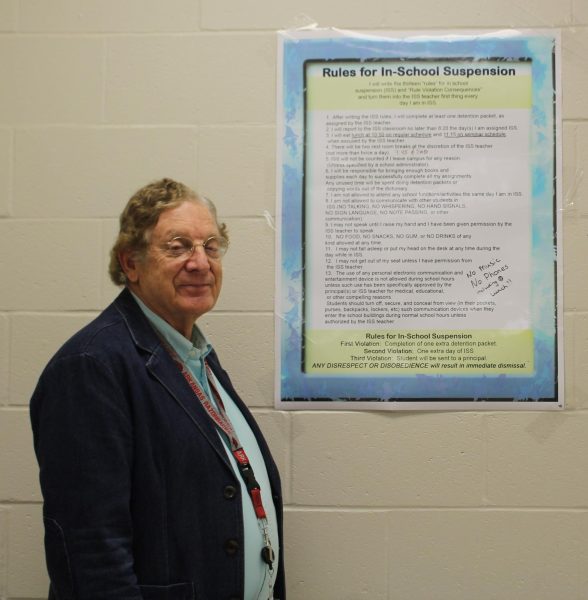The Great Disconnect
Within the first semester, the staff of the Mountie Spectrum heard from students about how the school year was going. Changes to dress code, the truancy policy, and COVID-19 guidelines impacted students’ school experience.
There were also changes in administration. Former Vice Principal Lisa Williams took over as head principal, and Steve Hookfin was hired as the first dean of students.
To see the impact of these changes on school culture, and to gather objective information on these topics, the staff of the Mountie Spectrum ran a student survey. With 207/2209 student responses, roughly 10% of the student body participated in the survey.
Visibility and school culture were the focal point of the survey.
Just over 36% of respondents said they didn’t know administration well this year, and nearly 18% said they knew administration poorly. This compared to 14% who said they did feel they knew administration well. Some student responses from the survey are included below.
Magnolia Aguayo, 10, said: “I think that they’ve done a good job trying to secure our schools and ensure our safeties; however, they’ve cut off a lot of fundraisers and activities that helped support our school money-wise and spirit-wise, speaking as a representative in student council. That’s been really frustrating and hard to adjust to.”
Violet Newberry, 10, said: “I feel like administrators need to participate in more school events and fundraisers.”
Mia Marzano, 9, said: “Rogers High School is a really great school. It contains people with all types of personality, which is my favorite thing about the school. The staff included! They make your days a little bit more fun.”
The staff also followed up with some of the survey respondents, like Lily Harris, 11, who commented on the experiences those around her had with administration: “I try to steer clear of admin because I heard how they treat other students.”
Harris also discussed her experience at the junior class meeting at the beginning of the year. For some students, this experience made a negative first impression of administration; Harris herself felt they were dismissive toward student concerns.
The Mountie Spectrum staff reached out to administrators via email and visited the office in person. Some school officials did not get back to the paper, others deferred its writers to different administrators and Williams respectfully declined to comment. However, the writers were able to interview Hookfin, who cited approachability and visibility as being important in making relationships with students.
“I’ve talked to a number of students, and whenever you hear ‘dean’ you think ‘he’s here to punish you and consequences’ when it’s actually the opposite,” Hookfin said. “I’m going to give you a chance to fix this and plan how we can do better going forward.”
Hookfin said he strives to treat the students of RHS the way he’d want teachers to treat his children.
Similar to Hookfin in approach, Student Success Coordinator Leo Hernandez said: “I work with students who may need mentoring/guidance, but I am not limited [from] building relationships with our entire population. I reach students through one-on-one conversations, group student meetings, or family meetings — whether they are formal or informal — in my office, lunch room, school hallways, on the field, or out in public community places.”
Despite this, separation remains a problem. Nearly 61% of surveyed students said they could recognize administrators in the hallway, but not by name, and another 21% couldn’t recognize administration in the hallway. Just under 11% could identify administration by name.
Dulce Salazar, 9, summarized the communication disconnect in a survey comment saying: “I would like the administrators to feel more friendly and approachable because they feel scary when they shouldn’t be.”






